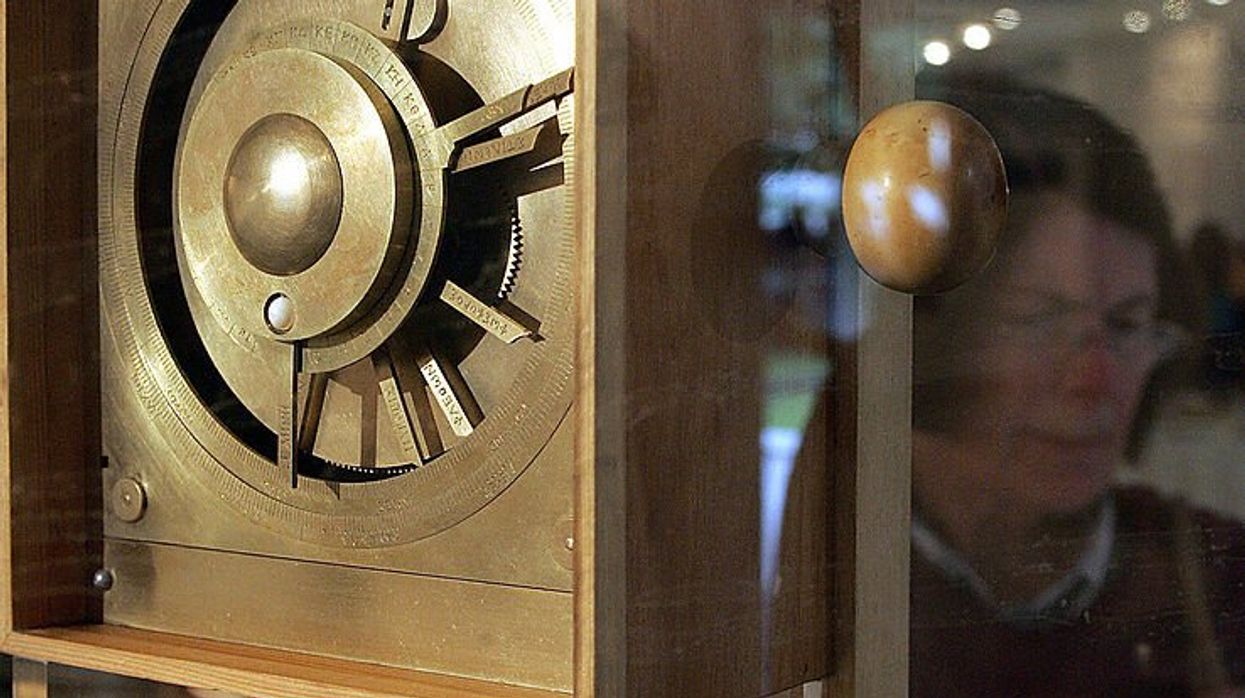Ellie Abraham
Dec 18, 2024

Discovery of '2000-year-old computer' leaves scientists baffled
Getty
Scientists have been left baffled by the discovery of the wreck of a 2,000-year-old “computer” that is amazingly complex.
The Antikythera mechanism – an astronomical calendar – has been dubbed “‘the first computer” and has baffled scientists for generations after it was first discovered inside a Greek shipwreck in 1901.
The device is a hand-powered time-keeping instrument that used a wing-up system to track the sun, moon and planets’ celestial time. It also worked as a calendar, tracking the phases of the Moon and the timing of eclipses.
Despite sounding relatively simple, the mechanism was actually ahead of its time, being more technically sophisticated than any other tool that was invented over the next 1,000 years.
In its current condition, the mechanism is in 82 separate fragments with only a third of its original structure remaining, including 30 corroded bronze gearwheels.
Research into the device from experts at University College London involved 3D computer modelling and helped them solve the mystery of how the device worked, revealing a “creation of genius”.
Adam Wojcik, a materials scientist at UCL said at the time: “We believe that our reconstruction fits all the evidence that scientists have gleaned from the extant remains to date.”
They theorised that the device tracked the movement of the sun, moon and planets on concentric rings, as the ancient Greeks believed that the sun and planets revolved around Earth, rather than the sun.
The researchers explained in Scientific Reports: “Solving this complex 3D puzzle reveals a creation of genius—combining cycles from Babylonian astronomy, mathematics from Plato’s Academy and ancient Greek astronomical theories.”
This article was originally published on May 26, 2024
Sign up to our free Indy100 weekly newsletter
Have your say in our news democracy. Click the upvote icon at the top of the page to help raise this article through the indy100 rankings.
Top 100
The Conversation (0)












